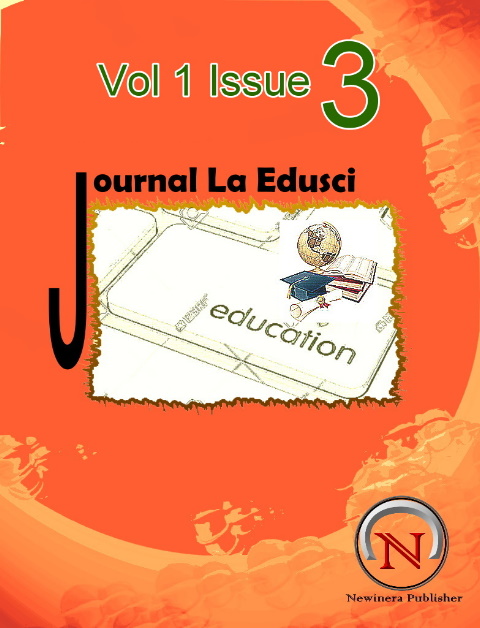
Journal La Edusci
Yazarlar: ["Athena Ella G. Antepuesto", "Dennis A. Coja", "Jr.", "Therese Carmel C. Comeros", "Juliana Mae T. Flores", "Flordeliza S. Gagani", "Vea Marielle T. Guantero", "Daven Egan D. Labitad", "Anne Valerie S. Torrejos"]
Konular:-
DOI:10.37899/journallaedusci.v3i3.686
Anahtar Kelimeler:COVID-19,Vaccination,Attitude,Correlation
Özet: Divergent viewpoints about COVID-19 health guidelines continue to impact the collective effort to reduce COVID-19 transmission. Thus, this descriptive-correlational study was conducted to determine if there is a significant relationship between the level of willingness to get vaccinated against COVID-19 and the attitude toward COVID-19 among sixty randomly selected Grade 12 Humanities and Social Sciences students of the University of San Carlos - South Campus in Cebu City, Philippines. Online data collection was done through two adapted and reliable Likert-type survey questionnaires. The findings indicated that the degree of willingness to be vaccinated was high (x = 3.79, SD = .98), while the level of attitude toward COVID-19 was very high (x = 4.36, SD = .75). Moreover, the correlation between the two variables was found to be significant, r(58) = 0.48, p = .000104, p < .05 at = .05. Therefore, the null hypothesis of no significant relationship was rejected, and the researchers found that there is a weakly positive correlation (r =.48) between the levels of willingness to be vaccinated and the students' attitude regarding COVID-19. This result indicates that their attitude toward COVID-19 improves in proportion to their vaccination willingness. This also suggests that adolescents who understand authorized COVID-19 vaccination guidelines are more eager to get the COVID-19 vaccine. The researchers recommend that more initiatives be developed to boost the public's desire and attitude toward COVID-19 immunization, and that additional research be conducted to validate results and examine trends in other communities.